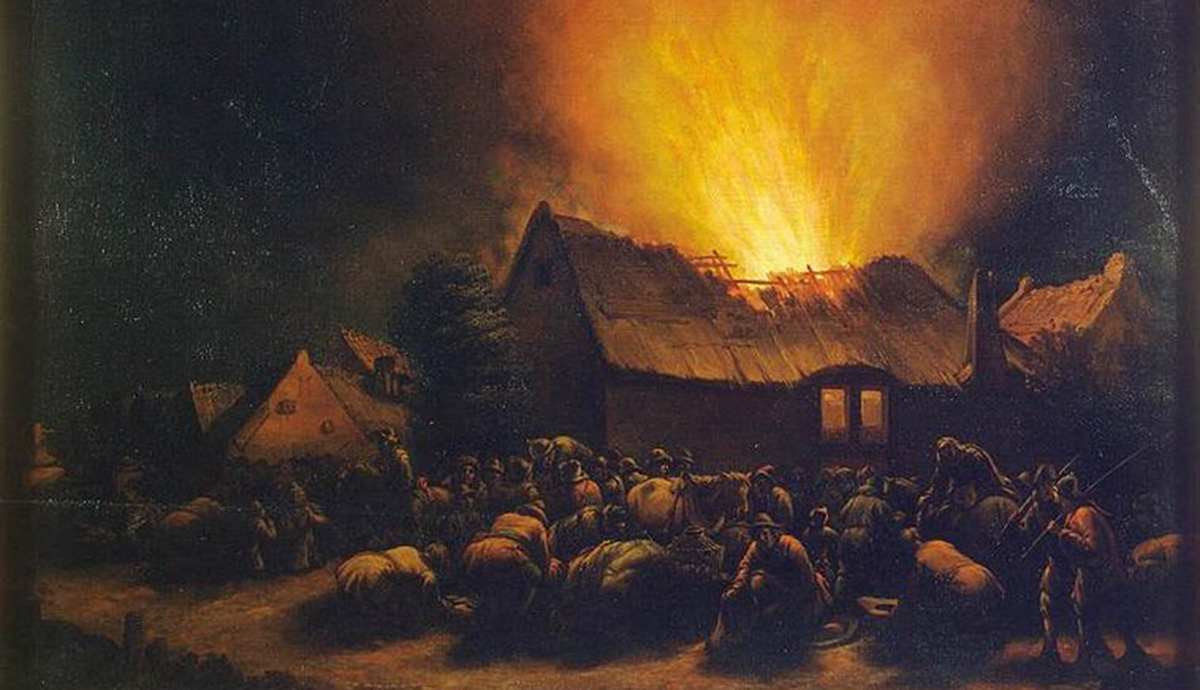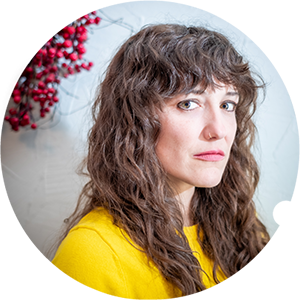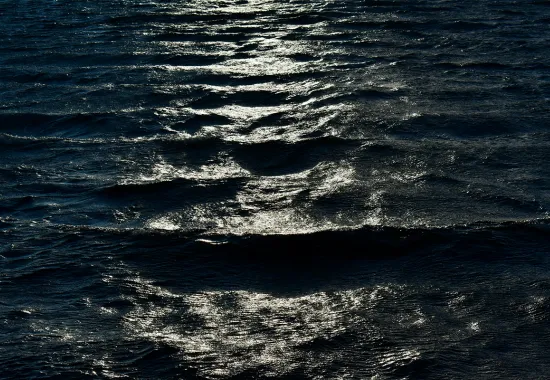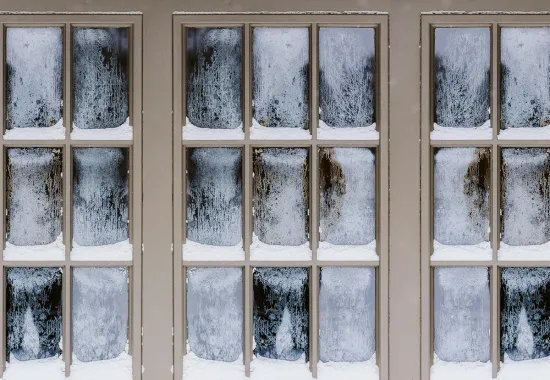Pungoteague, 1652
Káhia. He no longer spoke the language of his people. Over three decades it had leached from him like sweat, disappearing into the sandy Virginia soil. Gone. Yet that terrible day he found one word, one small Chokwe word, rising up from the center of his being, winding its way to his brain and pushing at his tongue. Even his sons and his daughters did not know the meaning of káhia, though they could see well enough for themselves the rising flames that had begun to lick the gray sky and blow dark smoke into the bitter air. Finally, the English word followed. Fire.
His eldest boy, John, had run to the creek. Two buckets of cold water now sat on the ground, still and useless, as a mighty blaze consumed his house and his barns and his stores of dried tobacco. Everything he had ever owned was awash in a red glow.
He did not move. John, chest heaving with the effort of running fast through the cold air, had left the buckets at his father’s feet, and retreated to a safer distance to stand with his young wife and child. His second son Richard was there too, and his dear Mary, standing between their daughters. His two servants hovered behind the family, eyes wide, shaking. From cold or from fear, he could not tell. The water remained untouched. He looked at his wife’s face, quiet and firm amidst the roar and crackle. Do something, her eyes seemed to tell him.
But no. He would choose to do nothing. Too far gone, he thought, his English words finally returned to him. There was little he could do. Still, even inaction is a choice; his choice to make. For a few moments he stood staring at the blaze, reveling in his ability to choose to do nothing while his own farm burned to the ground before him. Was that not glorious? He did not even feel the cold.
It was a great loss. It would pain him, he knew, in the morning, when the house he had built with his hands, his sons, was no more than smoldering ash. Yet it was not his first loss. It would not be his last.
Who brought this destruction to his door? Was it John, grown yet still foolish, careless with his candle as he slipped from his wife’s bed to visit his whore? Was it Casor, his longtime field hand, dozing in the barn with a lit tobacco pipe? Was it his neighbor Scarborough, greedy for his creekside acreage, smoking him out so that the rogue might build a grist mill where he now stood? Or perhaps it was his own hay crop, packed too close and smoldering, that had turned against him.
I am very well content with what I have. He had said that, once, to a white-wigged magistrate and a crowd of Englishmen filled with drink and self-importance.
It did not matter. It might have mattered, once, back when he was young, and first learning how to lose everything. In one year’s time, he had survived Portuguese slavers, English pirates, colonial masters, and the ruthless Virginia sun. The first tobacco crop he ever worked had not even grown to the height of his knee when the Powhatan Indians descended upon the Jamestown settlement where the English had taken him. In a desperate attempt to drive out the relentless, greedy Englishmen who had stolen their food, destroyed their crops, and depleted their soil, Opechancanough sent his best warriors. In one afternoon, they killed 53 of the 56 wretches who labored beside him.
Then, as now, he had done nothing. In that moment of chaos, of hatchets and hammers and English screams, he stood as still as stone. Ever since the day he had landed at Point Comfort, he had not the luxury of choice. They had told him when to plow. What to eat. Where to sleep. But then, that day, standing tall amidst that bright Powhatan song of retribution, there was no one to tell him what to do. No run. No fight. No save me. Well, perhaps some did say those things. Who could know? If they did, he did not heed them. He chose to do nothing.
Mary was at his side now, holding his arm. There was a loud crack as a great timber split in two, and they watched together as the house collapsed in upon itself, the flames clawing at the sky above. He was a man with a strange sort of luck.
Heathen. Then, that had been an English word new to him. Until then, they had called him Antonio, which was not his name. Some days, Negro. The English liked to have many names for things. That day, the day they also called Good Friday, he was Heathen, and sent to the field with the other three men from the slave ship. The Englishmen had gone underwater for their god, long ago, and so now they would spend the day in their stinking huts, fasting, while the unbaptized worked the fields. He hadn’t much minded. He’d rather have air. He’d rather have bread.
And then the Powhatan came to Warrosquyoake, as they often did, carrying wild game slung over their shoulders, and baskets full of nuts and fruit to trade for metal tools. He paid them little notice as they filed quietly into the English houses made of wood and mud. He watched them closely when they left, though, carrying their new hatchets and hammers, shovels and scythes. All was dark with blood. They stopped when they saw the four men in the field. Antonio gripped his shovel tightly, watching the Indians as they watched him. Were they heathens too, he wondered, out doing their work on this Good Friday? But there were no Englishmen left to ask.
At least the Powhatan had left the food they brought to trade. The English would not have done that, he had thought later that evening, as he and the other Africans ate better than they had since the day they were bound in chains and thrown into the dark holds of the San Juan Bautista.
Neither did the Powhatan burn the settlement, he thought now, as his own farm burned before his eyes. No, fire was a weapon from the English war chest. If the Powhatan had known that the English would regroup, would send survivors from other settlements to join the four Negros left standing at Warrosquyoake, would send more men on ships, and send women too so that they could multiply, well. Perhaps they would have burned it to the ground.
A man named Bennett had come to Warrosquyoake, and died. They sent another. He died too, as did the third. The fourth Bennett they sent, that one a nephew named Richard, managed to sidestep death more deftly than could his kinsmen. He renamed the settlement Bennett’s Welcome. Warrosquyoake had too many ghosts.
Much later, Antonio had given his children Christian names, and put each one under water in the name of the English God. John, Joan, Elizabeth, and Richard, named after the fourth Bennett, the man who would one day take them across the Chesapeake to start a new life. From Angola to Jamestown to Pungoteague. He renamed himself Anthony Johnson. Perhaps Antonio had ghosts too.
I am very well content with what I have. He had said that, once, to a white-wigged magistrate and a crowd of Englishmen filled with drink and self-importance. He had meant it then. He had spent twelve years turning Bennett’s soil before he had finally saved up enough money to buy his own. His own land. His own house. His own crop, to work when he pleased.
But Anthony was no longer content with what he had. The house that burned before him had become too small, too mean. He turned away from it and faced his family. He saw the brightness of the fire reflected in their frightened eyes. His wife. His daughters. His two sons, now grown, one married. His first grandson. His family was growing nearly as fast as his wealth.
Let it burn.
He would clear away the ashes and build something bigger. Something better. Misfortune would once again fuel the embers of Anthony Johnson’s ambition. Amidst the sound and the smoke, he sent up a silent prayer to Nzambi, the Sky Father, to fan the flames.
Káhia.
Recommended
The Monstera
The Wild Women of Brigantine
The Salamander






